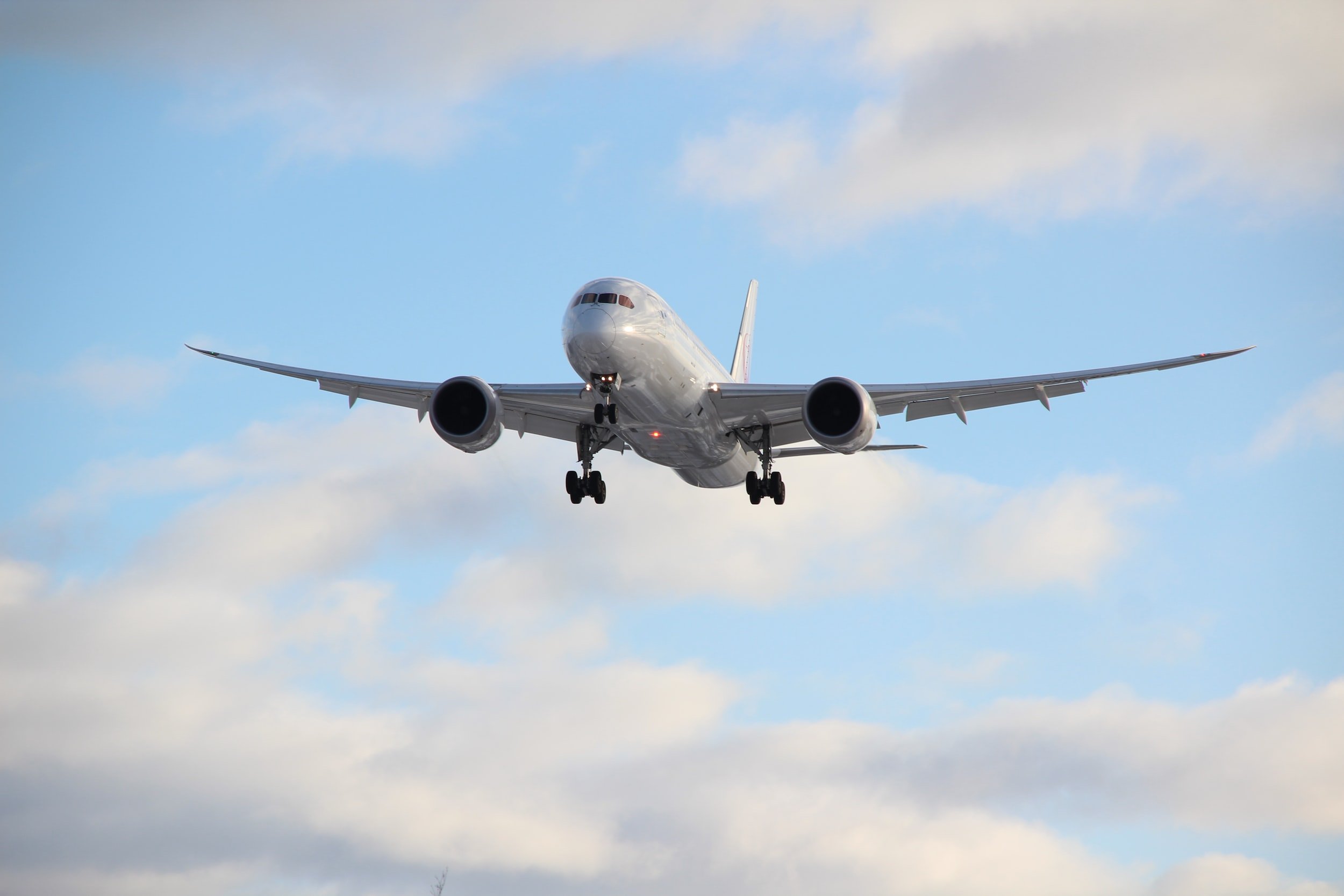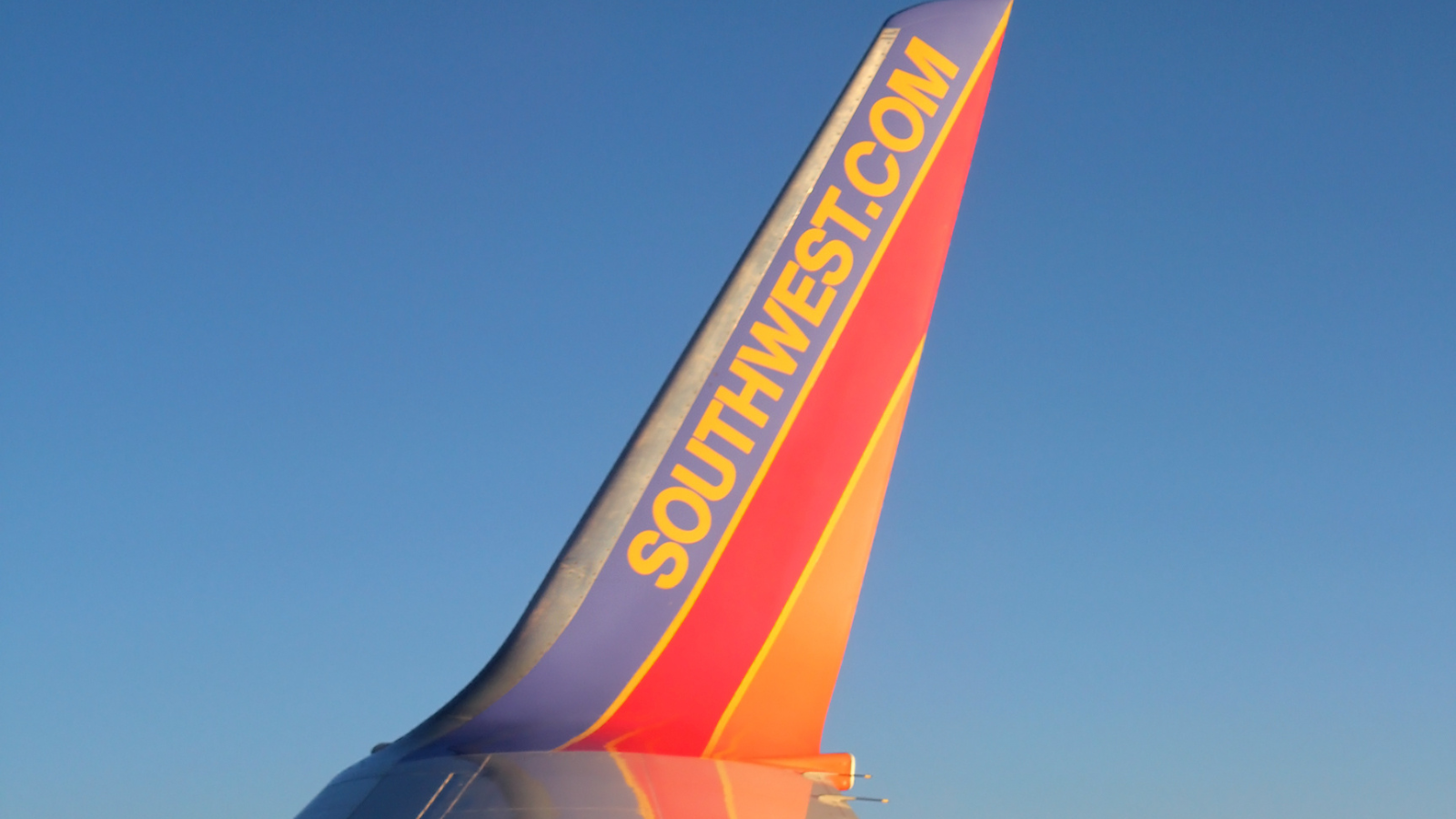Massive Lufthansa Strike Disrupts Over 100,000 Passengers
Over 100,000 passengers are in for a bumpy ride due to a strike by Deutsche Lufthansa AG ground personnel. Germany's national carrier, Lufthansa, is grappling with the disruption and is hustling to provide alternative flight options or even train substitutes.
On February 7th, Lufthansa plans to operate only 10% to 20% of its usual 1,000 scheduled flights. This strike primarily involves baggage handlers, cargo staff, and other ground service crews. In case of flight cancellations, affected passengers in Frankfurt, Munich, Hamburg, Berlin, and Dusseldorf are advised not to head to the airports, as rebooking counters won't be staffed.
The strike, initiated by Germany's main services union, Verdi, began at 4 a.m. CET on Wednesday and is set to continue until 7:10 a.m. on February 8th. It comes as a response to Lufthansa's rejected proposals for improved pay and working conditions, marking the latest in a series of strikes that have disrupted transportation in Germany recently, involving airport security, train drivers, and local transport staff.
Read more about this at AJOT >
WHY IS THIS IMPORTANT FOR MY INDUSTRY?
A strike involving a major airline like Lufthansa can lead to significant disruptions in the supply chain. Cargo shipments and goods transported by air may face delays, impacting delivery schedules and inventory management for various industries. We need to quickly adapt and find alternative transportation methods when air travel is disrupted. This can include rerouting cargo to other airports or shifting to ground transportation, such as trucking or rail, to meet delivery deadlines.
Timely and accurate communication with customers is essential during disruptions. Logistics providers must inform customers about delays and work together to find solutions, maintaining trust and minimizing negative impacts on customer relationships. That’s our whole job, after all.
🔥 OUR HOT TAKE?
While it's certainly frustrating for the 100,000 passengers who are stuck in limbo, let's not forget that strikes are often a last resort for workers who feel like they're not getting a fair deal.
Sure, it's easy to point fingers at the airline and accuse them of being greedy or insensitive to their employees' needs. But let's also consider the fact that many airlines have been hit hard by the pandemic, and they're still struggling to stay afloat. In such a precarious financial situation, it's not surprising that they might be hesitant to meet the demands of their workers. Especially given the trend in major labor movements across industries and the world. Phew.
United Airlines made headlines three years ago when it axed flight change fees, a move that has cost the company an estimated $2 billion.
Over 100,000 passengers are in for a bumpy ride due to a strike by Deutsche Lufthansa AG ground personnel.
JetBlue Airways faced a loss in the fourth quarter and anticipates reduced capacity in the coming year as it strives to regain profitability.
Alaska Airlines recently revealed that due to their grounding of their 737 Max 9 planes after a door plug blew off, this led to roughly $150 million in estimated costs.
United Airlines is reconsidering its fleet plans involving the Boeing 737 Max 10 due to a series of delays and recent grounding issues.
Shares of Spirit Airlines surged approximately 10% following the announcement that both Spirit and JetBlue plan to appeal a federal judge's ruling against their merger on antitrust grounds.
A federal judge has put the brakes on JetBlue Airways' acquisition of Spirit Airlines, a deal valued at $3.8 billion, stating that it would negatively impact price-sensitive consumers by removing the discount carrier from the market.
The National Transportation Safety Board has located the plug covering an unused exit door that blew out minutes into an Alaska Airlines flight.
An Alaska Airlines flight operated by Horizon Air had to divert to Portland International Airport in Oregon after an off-duty Alaska pilot attempted to interfere with the engines.
Transportation Secretary Pete Buttigieg has issued a warning about potential airline disruptions if Congress fails to pass funding bills or reach a short-term resolution before the looming government shutdown deadline.
Companies across various industries are cutting back on customer perks as they prioritize higher profit margins.
Airline delays and cancellations continue to plague travelers in the United States, raising concerns as the long July 4 holiday weekend approaches.
Last year, U.S. airlines earned over $6.7 billion in baggage fee revenue, with American Airlines alone earning nearly $1.4 billion from checked bags, accounting for more than 2% of the carrier's full-year revenue.
United Airlines' plans to update its narrow-body plane cabins have been disrupted by supply chain issues.
Despite a short supply, many large airlines are acquiring brand new Airbuses and Boeings.
Airline delays can be caused by a variety of factors, including weather conditions, air traffic congestion, maintenance issues, and logistical problems.
United, Air Canada, Boeing, GE Aerospace, JPMorgan Chase, and Honeywell are partnering to invest $100 million into The United Airlines Ventures Sustainable Flight Fund.
After being called to a Senate panel on Thursday, Chief Operations Officer for Southwest Airlines Andrew Watterson apologized to Congress for the holiday issues that stranded passengers across the United States.
Approximately 10,000 flights were delayed last week due to what’s being called a “human error” by the Federal Aviation Administration.
CEO Scott Kirby is speculating that many airlines won’t be able to manage the number of flights on their rosters this year.
If you’re one of the many unlucky souls who had a delayed or canceled flight last week due to the unprecedented FAA outage, you aren’t alone.
Unfair”, by the Department of Transportation’s definition, means “likely to cause substantial injury and the harm is not outweighed by benefits to consumers or competition.
Logistics Viewpoints is diving into the hottest topic during the week between Christmas and New Year’s: Southwest Airlines’ massive corporate collision of bad weather, poor customer service, and angry customers.
Southwest hasn’t yet seemed to recover after an extremely challenging holiday weekend.
In the holiday weekend airline crisis of the century, Southwest Airlines has canceled 70% of its schedule by Monday and warned that it would likely be extremely limited to about a third for the remainder of the week.
The U.S. Department of Transportation Secretary spoke out on CNBC’s Power Launch show, reminding holiday travelers to check in with their airlines and find out if ticket changes are available.
Several airlines such as United Airlines Holdings Inc., Delta Air Lines Inc., and American Airlines Group Inc. have issued travel waivers to passengers for rebooking holiday travel plans.
The aviation value chain refers to the various stages and activities that are involved in the production, distribution, and utilization of aviation-related goods and services.
After headlines repeatedly highlighted lost bags, delayed flights, and very unhappy customers - US air travel is facing the future with new data in their hands.






























Last year, airline pilots scored hefty pay raises through new labor contracts, sparking a wave of demand for better wages among flight attendants.